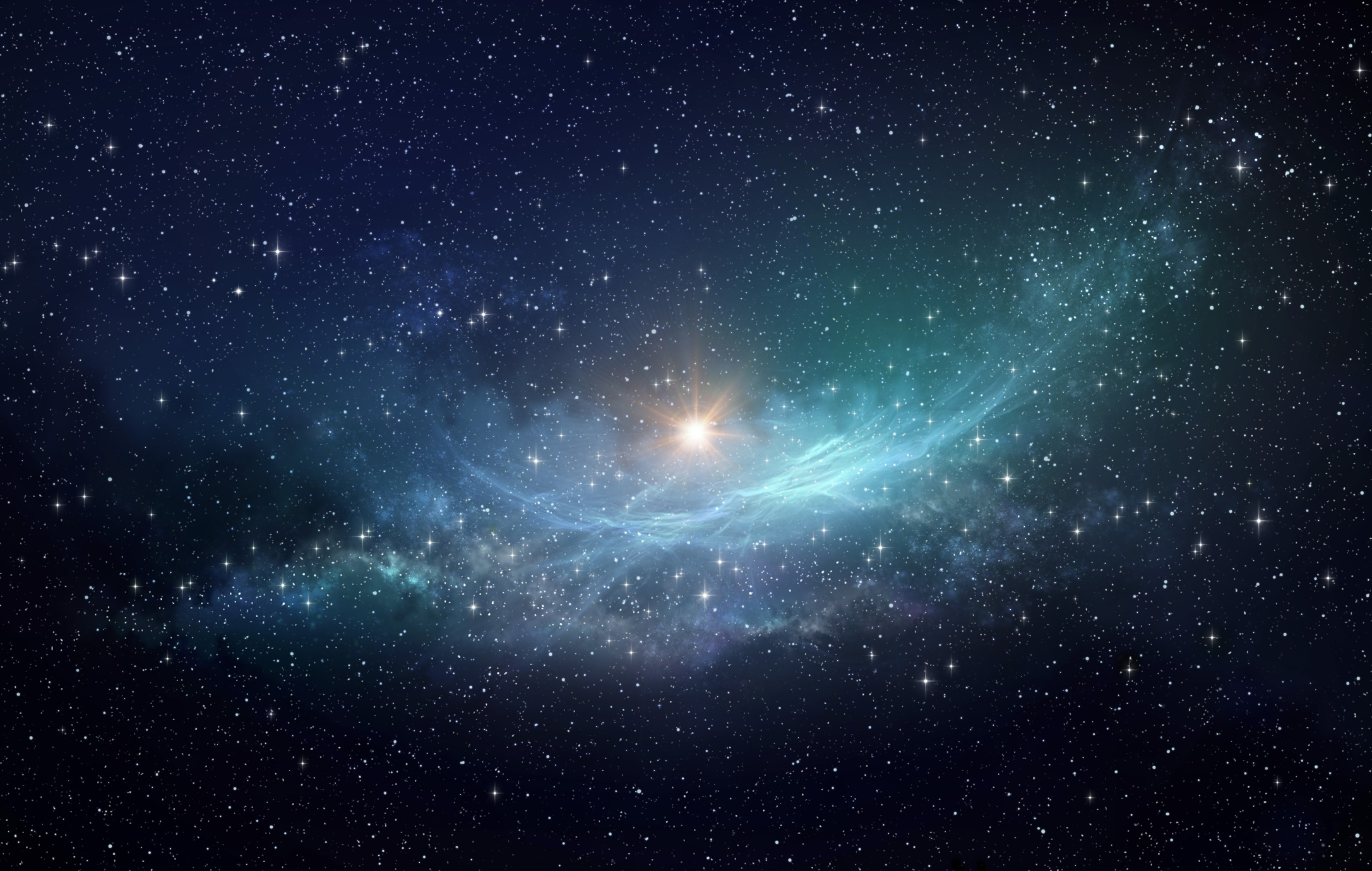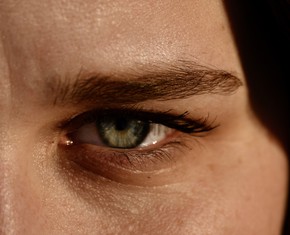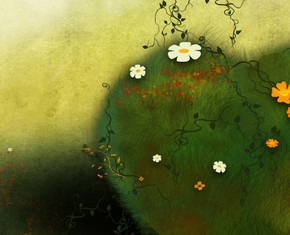The views expressed in our content reflect individual perspectives and do not represent the authoritative views of the Baha'i Faith.
Some people do not believe God exists – understandably, since we tend to rely on our senses to test the reality of things. After all, if we can’t see the Creator, how do we really know?
We all have a physical existence, where touch, taste, smell, hearing, and sight inform us of the reality of our own selves and the material reality around us. However, our senses are not infallible – they can be fooled.
Luckily, we also have the capacity to think – an abstract process composed of imagination, thought itself, comprehension, and memory that combine with a common inner faculty to translate the ideas, concepts, and unseen realities around us into deeds and actions. In other words, we humans have intelligence and self-awareness. We discover things. Our most important discovery: that we can make choices.
RELATED: 3 Reasons We Cannot See the Creator
The Choices I Made that Led Me To Believe in a Creator
When I was eight my friends and I would go swimming in the nearby Delaware River. What fun! We couldn’t afford the neighborhood pools, so we climbed up the train trestle, walked out, and jumped thirty feet to the cool swirling water below. I refrained from that high dive, afraid of falling flat on my face in a belly flop. Instead, I swam close to the banks and watched my friends jump, all the while not knowing if I was foolish for not jumping too, or embarrassed, or both. I had discovered fear, but wouldn’t name it.
I was taken aback a few years later when I saw in the newspaper that a local boy had drowned in the river’s current.
Choices. Just because everyone else does it is no reason to do it, too, I learned.
Also, during those childhood years, I half-heartedly ascribed to the Catholic faith. I attended Latin mass almost every day, had nuns for schoolteachers, was an altar boy, and sang in the choir. I followed the crowd and under the strict nuns, toed the line. I had no knowledge of the beliefs of other Faiths. But as I got older, left Catholic school for public school, and met those with different opinions and viewpoints, my own search for the meaning of life began. I made the choice to diversify my knowledge. I studied the I Ching, then Taoism. I had a chance meeting with a Baha’i. My curiosity piqued, I read and pondered the Baha’i writings, and chose that path.
During my early years as a Baha’i, in the 1970s and ‘80s, the hardest part about introducing the Baha’i Faith to others was getting past the “strange” sounding Persian names, so unlike everyday English. For years after it began, the Baha’i Faith existed in almost complete obscurity, but since then it has reached the mainstream vernacular. Now, most people have heard of it, which may explain why it is now accounted as the second-most widespread religion in the world after Christianity.
The Agreement of Religion and Science
When I first discovered the teachings of Baha’u’llah, one that most impressed me was that religion and science must agree, for both are truth. Speaking about the primary Baha’i principle of the unity of religion and science in a talk he gave in Paris, Abdu’l-Baha said:
We may think of science as one wing and religion as the other; a bird needs two wings for flight, one alone would be useless. Any religion that contradicts science or that is opposed to it, is only ignorance — for ignorance is the opposite of knowledge.
Many scientists, such as Galileo Galilei, Gregor Mendel, Guglielmo Marconi, John Eccles, Max Planck and others, believed in a Supreme Being. Albert Einstein said he believed in “Spinoza’s God” – referring to Baruch Spinoza, a 17th-century Dutch thinker – “who reveals himself in the lawful harmony of the world, not in a God who concerns himself with the fate and the doings of mankind.”
RELATED: Was God Dead? I Was Determined to Find Out!
I agreed with those great scientists, and I also agreed with Baha’u’llah – that whatever nuance of God we can imagine, whatever term or picture we conjure, is a misconception:
To every discerning and illumined heart it is evident that God, the unknowable Essence, the Divine Being, is immeasurably exalted beyond every human attribute such as corporeal existence, ascent and descent, egress and regress … He is, and hath ever been, veiled in the ancient eternity of His Essence, and will remain in His Reality everlastingly hidden from the sight of men … He standeth exalted beyond and above all separation and union, all proximity and remoteness …
Most religionists choose to accept this about God and believe in Him anyway as a matter of faith. Materialists say that God either does not exist or His existence can’t be proven.
I hold that truth exists, and that although God can’t be physically proven because He is not a physical being, that the existence of God has been proven time and time again. I believe the fact that anything or anyone exists proves there is a God – that the creation itself proves a Creator exists.
When I meet another person, the miracle of their being reminds me that the Creator loves us all.
It’s like the rays of the sun illuminating the Earth proves there is a sun, although at a given moment it may be obscured by clouds. When the clouds disperse we discover its full power.
















Comments
Sign in or create an account
Continue with Googleor